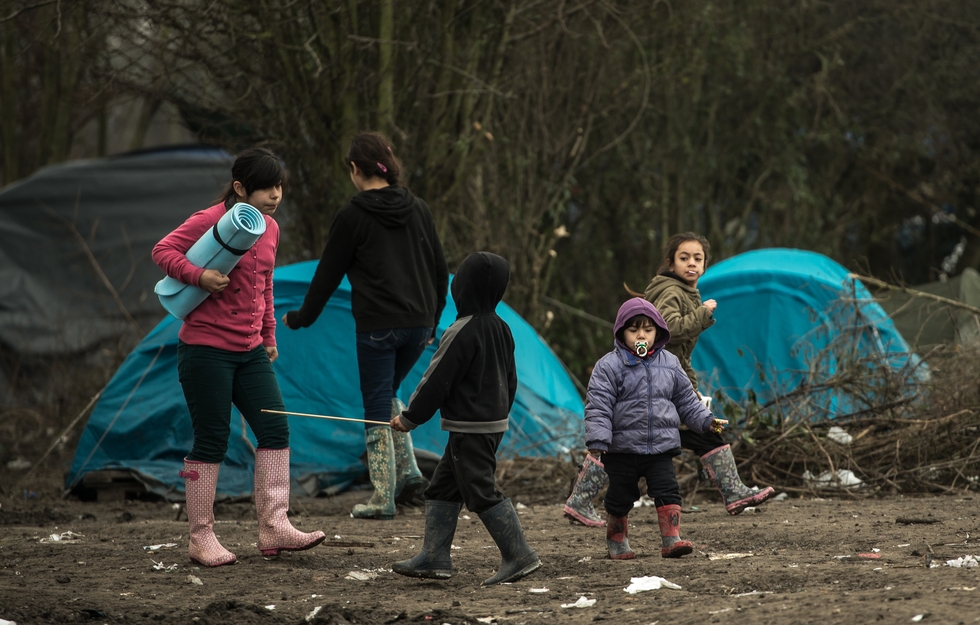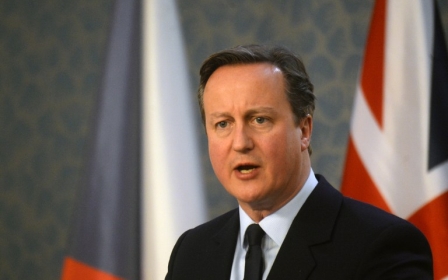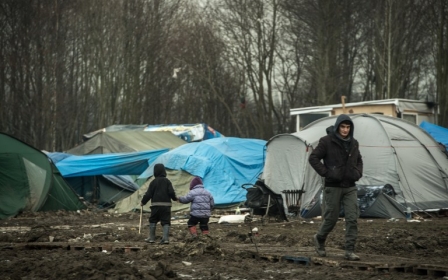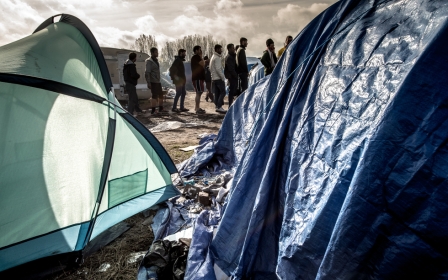UN condemns 'appalling' conditions for children in Calais camps

The UN High Commissioner for Refugees (UNHCR) on Friday lashed out at the "appalling" conditions for children in two camps that have sprung up around the northern French port of Calais.
UNHCR spokesman William Spindler said the agency was deeply worried, especially for children who were living there alone or had become separated from their families.
Conditions in the camps are "appalling" and "very unsanitary," Spindler said.
"Children are very vulnerable to any exploitation. We know that people smugglers are present in these sites," he said.
In a statement, the UNHCR welcomed a recent court decision in the UK that allowed three children and the older brother of one of them to travel to the UK to be reunited with family members there and said that provisions were needed throughout the European Union to speed up the reunification of separated families.
"Another measure is the use of existing legal provisions for those with relatives in other EU member states to enable them to join their family members quickly," the statement said.
"The recent UK court decision where the asylum tribunal judges ruled that three unaccompanied and separated children and an older brother (dependent of one of the children) should be allowed to join their relatives in the UK while their asylum claims are considered by the Home Office, is a step towards achieving this."
Nearly 4,000 refugees and migrants live in a makeshift camp dubbed the "Jungle" on the outskirts of Calais, hoping to smuggle themselves across to Britain on trains or lorries.
Almost 2,000 others live in a second squalid camp, the Grande-Synthe, about 40 kilometres (25 miles) away.
The French authorities are providing lodging for particularly vulnerable people and setting up containers at the Calais camp able to house 1,500 people.
Shelters are also being built, to international standards, at the Grande-Synthe site.
The UNHCR said it "would welcome" the creation of additional reception places for children, and called on authorities to urgently look at ways of beefing up protection, "particularly for those children with relatives in another EU state."
Middle East Eye propose une couverture et une analyse indépendantes et incomparables du Moyen-Orient, de l’Afrique du Nord et d’autres régions du monde. Pour en savoir plus sur la reprise de ce contenu et les frais qui s’appliquent, veuillez remplir ce formulaire [en anglais]. Pour en savoir plus sur MEE, cliquez ici [en anglais].




